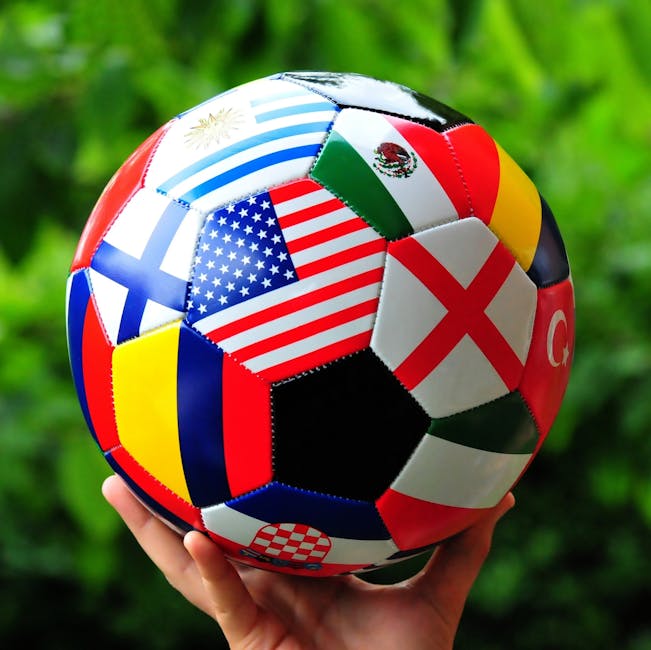Why Nations Don’t Play Nice: The Messy World of International Ethics
Why Nations Don’t Play Nice: The Messy World of International Ethics

Hey friend, ever wondered why international relations seem so… amoral? Like, even the nicest people can support actions on a national level that they’d never dream of doing personally? This is a question John Dewey, a super smart philosopher, wrestled with back in the day. He didn’t try to lay out a perfect moral code for nations, but rather to figure out *why* we’re so bad at applying ethics internationally.
Dewey points out a huge historical irony. For a while, particularly after Grotius (a super important figure in international law), the idea of “natural law” – basically, universal moral rules – reigned supreme in shaping international relations. Everyone, from Catholics to Protestants, agreed on these basic moral principles, and they influenced how nations interacted. Think of it as a shared ethical playbook.
But then things fell apart. The idea of natural law, tied as it was to religious beliefs and a specific view of reason, lost its grip. Science changed how we understood the world, and the unifying power of reason in society faded. Suddenly, we had a bunch of competing moral ideas, none universally accepted, leaving a giant ethical vacuum in international affairs.
Dewey examines two major schools of thought that tried to fill that void: utilitarianism and what he calls “Hegelian” ideas (a broad category encompassing various philosophies that prioritize the state). Utilitarianism, with its focus on maximizing overall happiness, sounds great in theory, but Dewey argues it fails internationally. It’s too idealistic and doesn’t account for the lack of international mechanisms to enforce it. The “Hegelian” approach, prioritizing the state’s authority above all else, is even worse, essentially justifying war as a means to strengthen the state.
So, what’s the solution? Dewey suggests a radical move: outlawing war. He argues that as long as war remains legal, we’ll have a fundamental conflict between personal morality and national action. It’s like having a double standard – one for individuals and another for nations. Outlawing war, creating international courts and a proper legal framework, would create a common ground for moral action and provide a much-needed framework for ethical international relations.
Dewey wasn’t naive; he didn’t think outlawing war would magically stop all conflicts. But he believed it would be a crucial first step in aligning international actions with our moral sentiments. It would give us a common goal, a shared ethical framework to build upon. It’s a powerful argument, even today, considering the persistent challenges we face in applying ethics to international politics.
Disclaimer: This content is aggregated from public sources online. Please verify information independently. If you believe your rights have been infringed, contact us for removal.